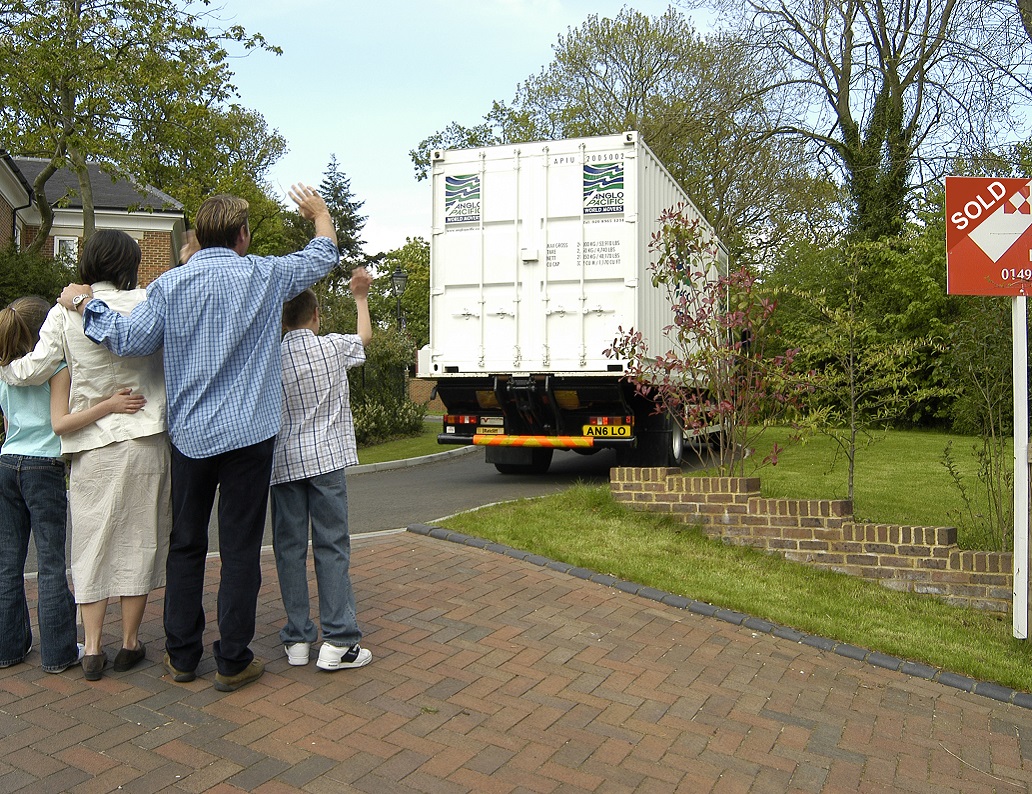Moving abroad lock, stock and barrel but unsure how the whole removals process works? To help you prepare for the logistics side of relocating, here are some key pointers…
Choosing a remover
Moving within Europe, where transportation can be done by road, usually means you have three options. These are: hire a professional removals firm, such as Bishop’s Move; hire an unregulated ‘man with a van’; or simply rent a van and do it all yourself, perhaps with helping hands from friends and family! If you’re moving to a long-haul destination, such as New Zealand, your only choice is to use a professional remover or shipping company.
What you decide may depend on the amount and type of possessions you are taking with you, the value of them and your budget. As a rule though, the safest and most hassle-free route is to employ a professional remover.
For extra peace of mind, choose a properly certified company, one that is a member of a trade association or body that requires them to adhere to a code of conduct. These include the British Association of Removers (BAR) – which offers a protection scheme for any advance payments you make and a free conciliation service – or Fédération Internationale des Déménageurs Internationaux (FIDI). Hiring a casual man with a van could come with its risks.
Start getting quotes and organising your possessions around two months prior to your planned departure date. Leave it much later and removers will have less availability. Equally useful for you and for your removal firm, make an inventory of everything you would like to take with you. This will be used for numbering boxes and in the packing and unpacking processes, but it could also come in useful in the event of an insurance claim.
Many people use moving abroad as an opportunity to start afresh and purchase new furniture for their overseas home – this will certainly save on removal costs as well as lessen the amount of packing. Removers will often suggest charities that will take unwanted items off your hands before your departure. Meanwhile, check whether appliances and electrical items are worth bringing, especially as the voltage and plugs could be different in your new country.
When it comes to packing, professional removers are worth their weight in gold. They will have the expertise and the specialist materials needed to pack your items properly, using space efficiently and ensuring they will be adequately protected throughout the whole removals journey.
Getting quotes
It’s best to get three removals quotes. Expect each firm to visit your home and do a survey, when they will calculate volumes and packing requirements before offering you a written quotation. Factors that affect the cost of a removal include the size of the load, whether it’s in a shared container or truck, how far the move is from the UK, the type of items included and the number of removal assistances required for the job.
Check that the company you choose has its own fleet and packers, and offers a complete door-to-door service. If a number of sub-contractors are involved in the process, things can get complicated in the event of a dispute or complaint. There may be the option for a “groupage” rate, so if your remover has another assignment going to the same region as you, you can share the transportation space and costs with other customers.
Note, your removal firm will pay the freight charge of your load so most will request advance payment for the removal before your shipment is collected. If you’re paying for a door-to-door service, they will also take care of customs.
Insurance
Check the insurance situation with your remover. Some firms offer insurance and some provide extended liability. Make sure you know exactly what service you are being offered and the cover it provides. You should cover your possessions against all risks of physical loss and damage in transit.
Written by Overseas Guides Company.
For more information on buying abroad get your FREE Country Buying Guide!




See all available country guides
If you are considering an overseas property purchase, whether for lifestyle or investment, opening a no-obligation account with FCA-authorised Smart Currency Exchange will enable you to benefit from their competitive exchange rates and specialist currency knowledge, ultimately saving you money and time. For more information, download Smart Currency Exchange’s free report or visit the Currency Zone.


